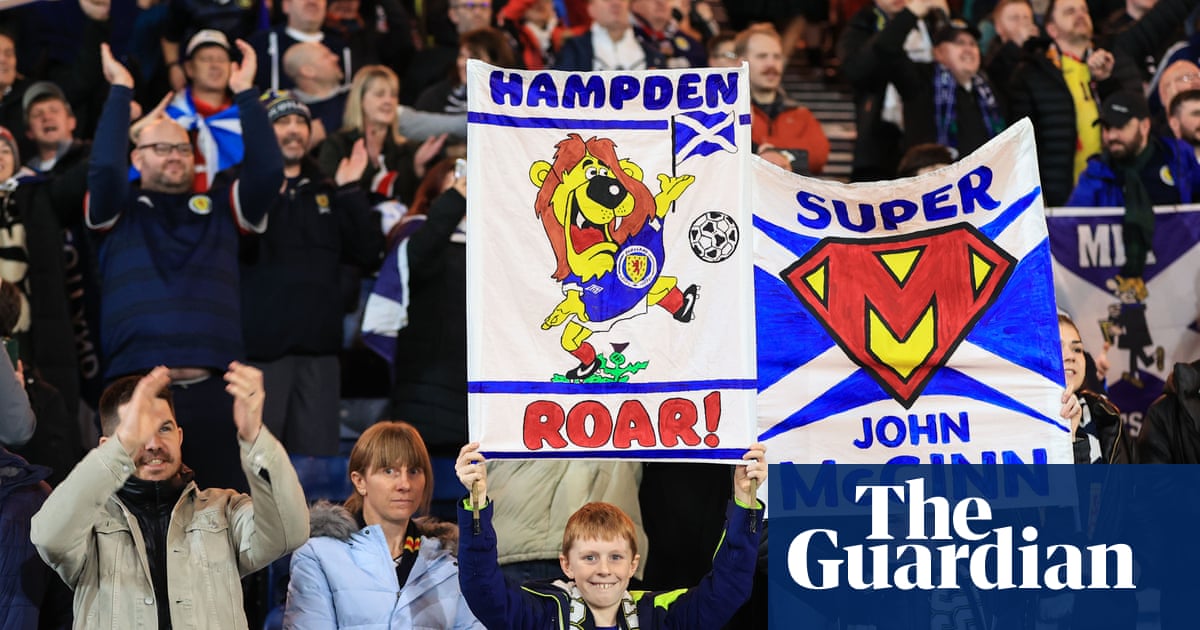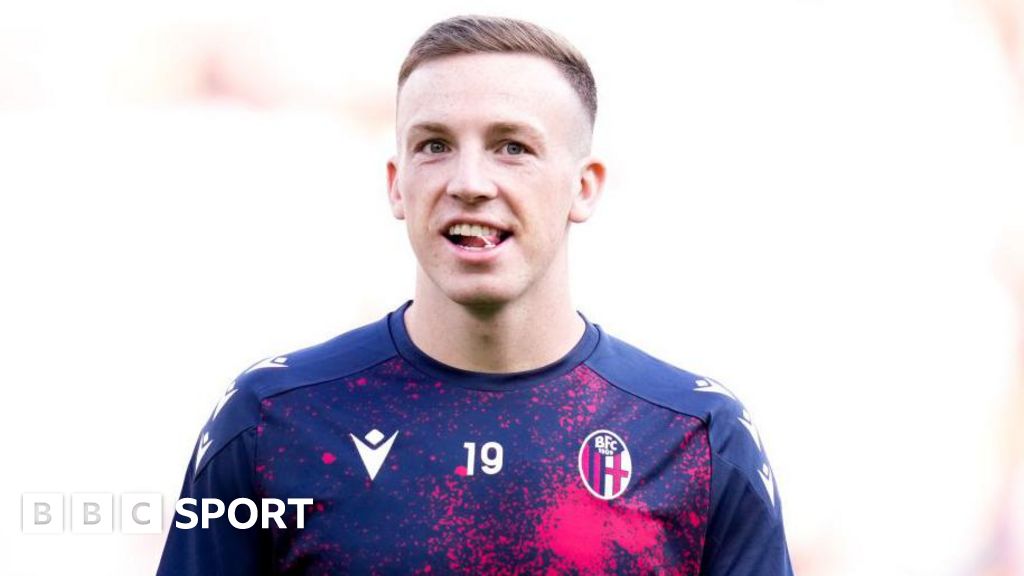Football
Euro 2024 team guides part three: Scotland

This article is part of the Guardian’s Euro 2024 Experts’ Network, a cooperation between some of the best media organisations from the 24 countries who qualified. theguardian.com is running previews from two countries each day in the run-up to the tournament kicking off on 14 June.
Prospects
Can Scotland go where they have never been before, by emerging from the groups at a major tournament?
When qualifying from a section that included Spain and Norway, hopes were high of that very scenario. Yet Steve Clarke’s then went on a run of seven games without a win (before a laboured win against Gibraltar); defeats to France, England, the Netherlands and Spain were understandable; Northern Ireland less so. For the first time in a while, they looked bereft.
That blunting of confidence may do Scotland no harm. Cocky Scots rarely prevail. In 1978 the team was roared off to the World Cup and flopped. Clarke has built a competent side who should believe they can finish above Hungary and Switzerland but remain well short of the section’s marquee name, Germany, in terms of collective ability.
Scotland are rarely flamboyant, but play in a solid, well-drilled system. Clarke and his squad must have learned from the last Euros, where they felt they failed to do themselves justice. The left side is their strong suit, thanks to Andy Robertson’s marauding and Kieran Tierney’s breaking of lines. Scott McTominay, often marginalised at club level, has Clarke’s implicit trust. Scotland have an abundance of riches in central midfield, which needs to offset the lack of a top-class striker.
Right-back is a problem area. Aaron Hickey would have played there but a serious hamstring injury has ruled out the Brentford man. Nathan Patterson, Clarke’s Plan B, has also been forced on to the sidelines. This has presented an opportunity for Bristol City’s Ross McCrorie, although Anthony Ralston of Celtic has moderately more international experience.
Scotland’s class of 2024 is well capable of breaking its finals misery but must be at their best to do so.
The coach
Steve Clarke and Scotland have proved a marriage made in heaven after a series of failures for the nation on the international front. Clarke, for so long an assistant manager, excelled in his own right at West Brom and later Kilmarnock. Guiding Scotland to back-to-back Euros has separated him from so many of his predecessors and altered the mood around this team. Clarke is pragmatic and does not suffer fools gladly. During a lengthy and celebrated career at Chelsea, he rubbed shoulders with some of the best players in Europe. He was later the trusted lieutenant of José Mourinho at Stamford Bridge. The Portuguese has praised Clarke as having a “brilliant footballing mind”.
The icon
John McGinn has risen from humble beginnings in Clydebank to captain Aston Villa in the Premier League and become the darling of the Tartan Army. It perhaps helps McGinn that he has no playing connection with either half of the Old Firm, hence this tribal footballing nation can adore him without condition. He is a working-class boy, made good. McGinn’s goalscoring has become hugely important and his infectious smile and enthusiasm rubs off on teammates. McGinn – nicknamed Meatball since his youth – says Scotland are “living the dream” with another tournament qualification. So much will depend on his form.
One to watch
Ben Doak was turning heads at Liverpool before a knee injury halted his season in December. At that point, his Euros dream looked over. Unperturbed, Clarke turned to the teenager for a call-up, a situation made easier by the increase in squad size to 26. Doak has pace but, critically, knows how to use it. He looks the most exciting talent to emerge from Scotland in umpteen years. Clarke’s willingness to look to the future by involving Doak is worthy of praise but if this player is as good as many believe he is, he will soon be an automatic port of call.
after newsletter promotion
The maverick
Bit part player at club level, regular star on the national stage, Scott McTominay has repaid the faith bestowed on him by Clarke umpteen times over. The midfielder has popped up with crucial goals as Scotland have qualified for two tournaments out of three. McTominay plays with midfield freedom in navy blue, meaning he is as likely to strike home a winner as produce a goal-line clearance. In what is generally a quiet squad, McTominay is a strong presence. Rarely speaks to the media but is one of the great dressing room influencers. There is far more to his character than he chooses to reveal in public.
The spine
Angus Gunn’s decision to commit to Scotland was in the knowledge he would be the No 1 goalkeeper. This had become a problem position after the retirement of Allan McGregor and the veteran status of Craig Gordon. Gunn and Tierney, who plays as a left centre-half in Scotland’s back five, are certain starters. McTominay and, fitness depending, Callum McGregor will play in central midfield. McGinn’s place is also guaranteed, in an advanced role behind a single striker. Pressure will fall on Clarke to pick the prolific Lawrence Shankland in attack. However, the movement and intelligence of Che Adams makes him the more likely first pick.
Probable starting XI
Celebrity fan
Rod Stewart – a Londoner, no less – was lured towards Scotland by his father and soon joined the hordes invading Wembley as Scotland triumphed in 1977. Andy Murray endeared himself to the Tartan Army by admitting he would support “whoever England were playing against” at the 2006 World Cup. The comment rebounded on Murray, which was a pity. Every card-carrying Scotland fan would say the same; and only partly in jest.
Culinary delight
Contrary to widespread perception, deep fried Mars Bars are not the cuisine of choice. In fact, you would have to search hard to find the item in question. Haggis is only marginally more popular. The Scotch pie – filled with mince – accompanied by Bovril has been the football meal of choice for decades. Things have evolved slightly in recent times; kebab meat can be found in pies at certain venues. What Scots cannot do at football games is drink alcohol; expect them to take full advantage of German leniency in that department.









